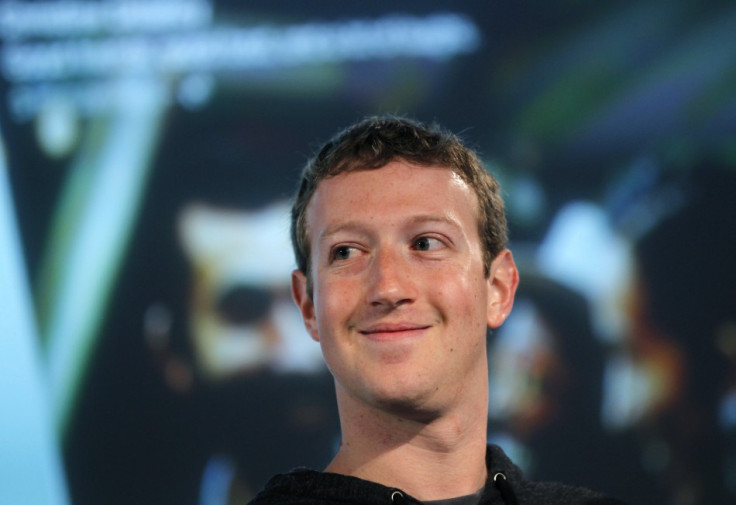Facebook Knows Your Sexuality, Race and Religion Through ‘Likes’

Facebook is able to accurately work out its user's personality traits, including more private information such as religious and political views.
The 'like' button enables users to share things they enjoy with their Facebook friends. This information is available publicly by default at present.
Research at the University of Cambridge, in collaboration with Microsoft Research Cambridge, looked at data from 58,000 US Facebook users.
Participants volunteered their 'likes', their demographic profiles and psychometric test results completed through the myPersonality application.
The researchers analysed the results by feeding Facebook likes into algorithms and compared them to information from their profiles and personality tests.
They then created statistical models that could predict a person's personality from their likes.
Findings showed they could accurately estimate a user's race, age, IQ, sexuality, personality, substance use and political views just from what they liked.
Researchers found their model was 88 percent accurate for working out male sexuality, 95 percent accurate for distinguishing African-American from Caucasian Americans and 85 percent accurate in identifying Republicans from Democrats.
Accurate predictors relied on using information about favoured music and TV shows, rather than obvious like information - less than five percent of gay users said they liked gay marriage.

Some information had a seemingly random link with personality; people with higher IQs liked Curly Fries, while non-smokers tended to like That Spider is More Scared Than U.
The researchers warn that this sort of information could pose a threat to users' privacy, as it could be used by corporations, governments and individuals to gain sensitive information.
Michael Kosinski, operations director at Cambridge University's Psychometric Centre, said: "Similar predictions could be made from all manner of digital data, with this kind of secondary 'inference' made with remarkable accuracy - statistically predicting sensitive information people might not want revealed.
"Given the variety of digital traces people leave behind, it's becoming increasingly difficult for individuals to control.
"I am a great fan and active user of new amazing technologies, including Facebook. I appreciate automated book recommendations, or Facebook selecting the most relevant stories for my newsfeed.
"However, I can imagine situations in which the same data and technology is used to predict political views or sexual orientation, posing threats to freedom or even life.
"Just the possibility of this happening could deter people from using digital technologies and diminish trust between individuals and institutions - hampering technological and economic progress. Users need to be provided with transparency and control over their information."
David Stillwell from Cambridge University added: "I have used Facebook since 2005, and I will continue to do so. But I might be more careful to use the privacy settings that Facebook provides."
© Copyright IBTimes 2025. All rights reserved.






















